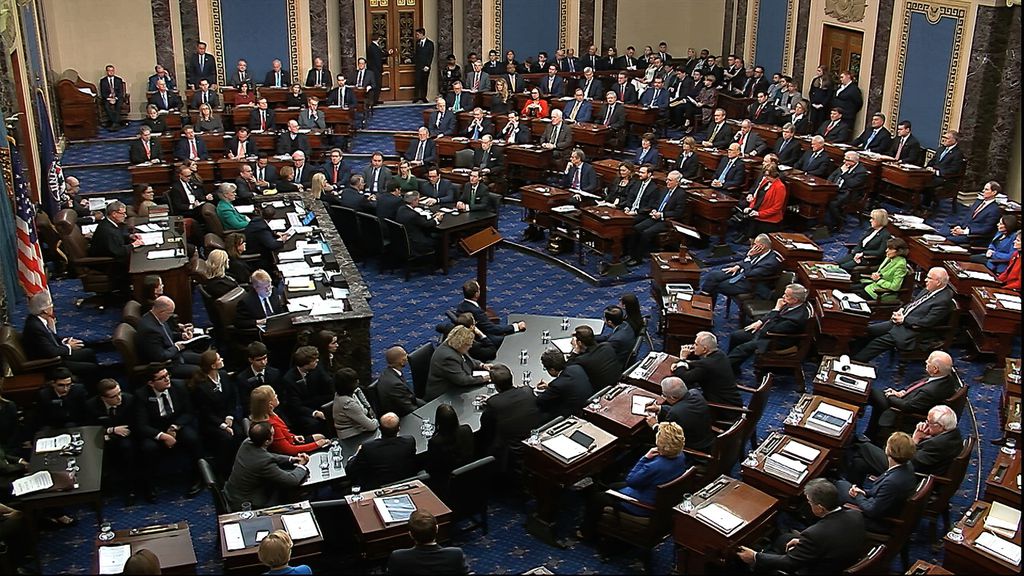Kerby Anderson
How will history judge the impeachment of President Trump? When I saw the headline, my first thought was that asking such a question was premature, at best. But since the article was written by Hans von Spakovsky, who I respect, I decided to start reading.
He is obviously speculating. But he uses the 19th century impeachment proceedings against President Andrew Johnson to provide a context. Johnson was hated by many in Congress because he began to implement Abraham Lincoln’s conciliatory policies toward the Southern states.
He quotes from two history books that I have on my shelf to illustrate how historians now view the political impeachment of Johnson. One book, A Patriot’s History of the United States, documents the harsh criticism of Johnson who they say was a “wild-eyed dictator bent on overthrowing the government.” This is strikingly similar to Adam Schiff who called Trump a “despot” and Jerry Nadler who called Trump a “dictator.”
Another book is Paul Johnson’s A History of the American People, which is a book I often quote when talking about America’s founding. He records that Johnson was subjected to “torrents of personal abuse” by the House managers during the impeachment trial. They also argued that he had “challenged the authority” of Congress. That does sound familiar. The House impeachment resolution argues that Trump “impeded” the House and even engaged in “defiance” of Congress.
It’s also worth noting that the major argument for Johnson’s impeachment was his removal of Edwin Stanton as Secretary of War by replacing him with Ulysses S. Grant. During the Trump impeachment hearings in the House, remember how the House managers focused significant time on the decision by President Trump to remove the US ambassador to Ukraine.
The parallels between the two impeachment trials are significant. That doesn’t mean the historians will record the Trump impeachment the same way they recorded the Johnson impeachment. Only time will tell.
 Listen Online
Listen Online Watch Online
Watch Online Find a Station in Your Area
Find a Station in Your Area











 Listen Now
Listen Now Watch Online
Watch Online
